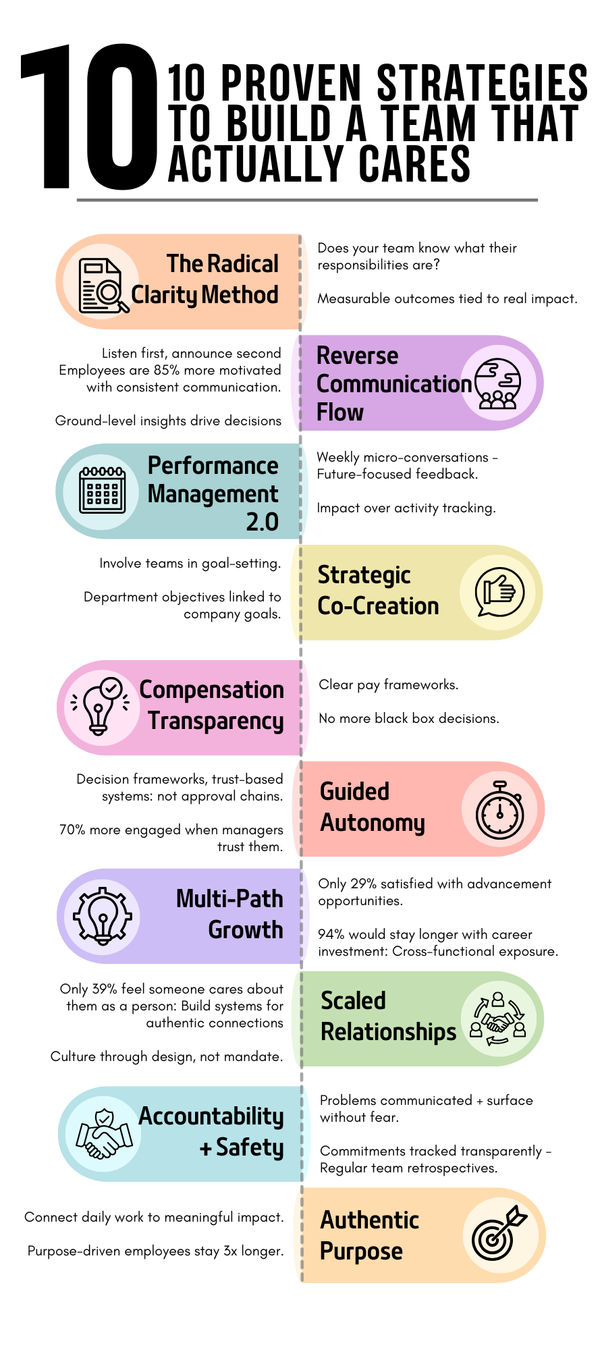
I’m someone whose work is driven by passion and possibility.
As part of my work with entrepreneurs, I’ve scripted and copy written thousands of marketing pieces — and received my fair share of edits where the client rewrote over 80 percent of the exact copy I agonized over for hours.
I’ve proposed dozens of new business ideas that I thought were very clever, but which were roundly and immediately dismissed for reasons I hadn’t considered.
I’ve written fiery emails and stood toe-to-toe with world-renowned leaders in defense of my work, or my teammates’ work.
And I’ve had projects, conversations and harsh critiques haunt my dreams and fuel my anxiety for days on end.
It’s no way to live.
It’s hard to take emotions out of the equation at work, especially since we invest so much of our time and energy into that aspect of our lives. And when things don’t go exactly as planned, it can feel nearly impossible to avoid taking things personally.
But trust me when I say this: you can retain your passion for your work and dial down the emotional toll it takes on you.
Here’s how I’ve made this adjustment in my own life.
1. Mindset Shift: Your Job is Not Your Self-Worth
The biggest, most important thing to do first is separate your self-worth from your status at work.
If you can identify things in your personality or life that you’re proud of that have nothing to do with work and money, then you can always find a way to rally yourself when you’re down.have nothing to do with work and money, then you can always find a way to rally yourself when you’re down.
Another early strategy I use in combination with the above is to initiate teamwork. I’ve learned that when I’m in over my head on a project, it’s usually because I’m holding onto a responsibility that someone else on my team would be able to do better, faster or easier.
Automatic Negative Thought (ANT): “Your financial projections are off.” Why is it taking you so long to figure out how to fix it?
Judo Move: I’m great at strategic creative work, like copywriting, but best when I don’t have to deal with numbers. These projections are important to get right. Who in my world can I team up with to produce a successful result — and how can I use my skills to help them out in return?
2. Commit to Successful Results
Next, focus on totally committing to producing a successful result.
Most people value the effort or the work they do, which opens up a dangerous question: could anyone expend that effort? Could someone else do the same work? (If you think you’re the best person in the world at what you do, in a world of 7.5 billion people, you’ll always be wrong.)
Instead, place the value and emphasis on creating a successful outcome.
Let’s say you get negative feedback from your boss or colleague on a project you’ve worked really hard on. What useful intelligence can you draw for next time? How will that feedback help you create a successful result in the future?
3. Change Your Motivation
Why do you do what you do?
If you work simply for the money, you’re in for trouble. With technology advancing as rapidly as it is, many futurists predict our lifestyles will eventually become demonetized — and soon, we may not even need to work for money at all.
(As one quick example, services like Sling, Roku, YouTube, Netflix and Hulu have dramatically demonetized access to entertainment as a far cheaper version of cable television.)
To connect with your why, you’ve got to move past the money. What does the money get you? Why is that important to you?
What larger mission or purpose would you like to fulfill with your life? Why are you different?
You don’t have to have answers to these enormous questions — but thinking about them will get you closer to uncovering what actually drives you and motivates you to strive.
For me, writing, editing, consulting and coaching are the what. Or maybe the how.
My why is about helping other people create freedom for themselves so that they can live their best lives now, not in some imaginary future where the boundary conditions are different.
And on the days where work feels especially exhausting and difficult, I reconnect with my why. I might reread client emails that make me remember what an impact I’ve already made in people’s lives, or reflect on some of the ways I’ve created freedom for myself, Mike and my teams. As I do this, I think about all the reasons I’m grateful that I get to do this.
If you can find a way to cultivate gratitude no matter how stressed, overwhelmed or fatigued you are, and find bits of joy amid chaos, the bad days no longer seem as bad… and the good days are even greater.










Member discussion